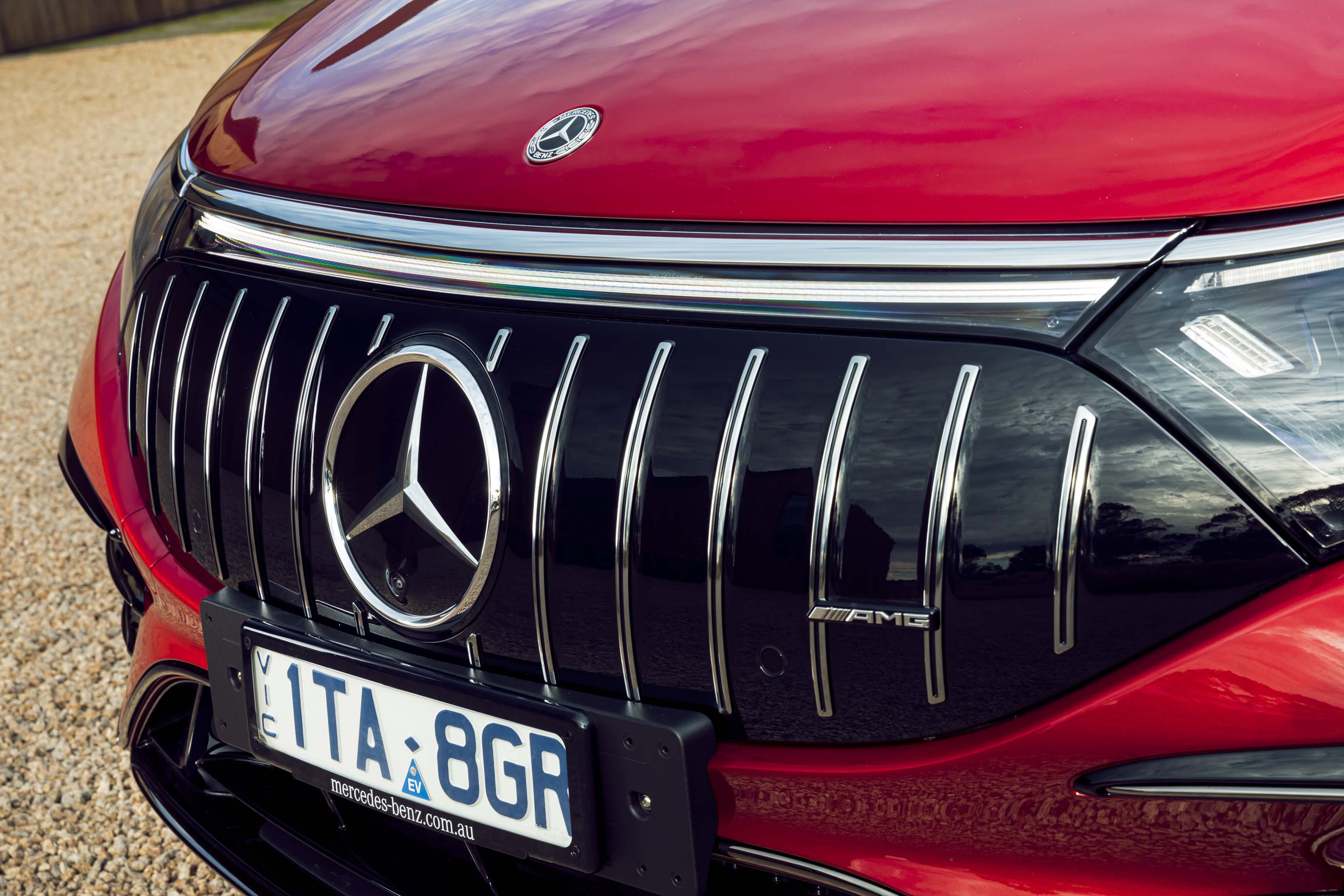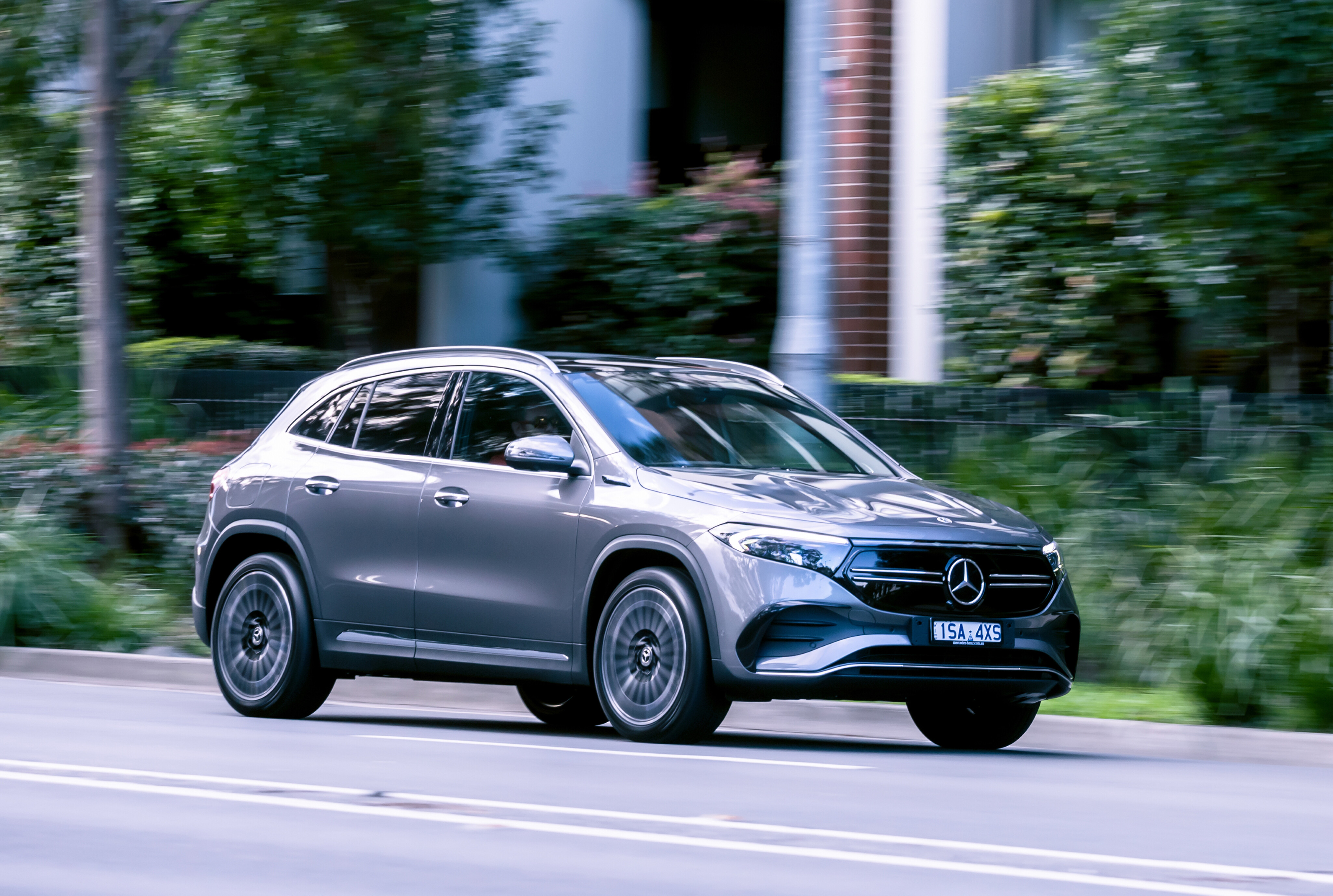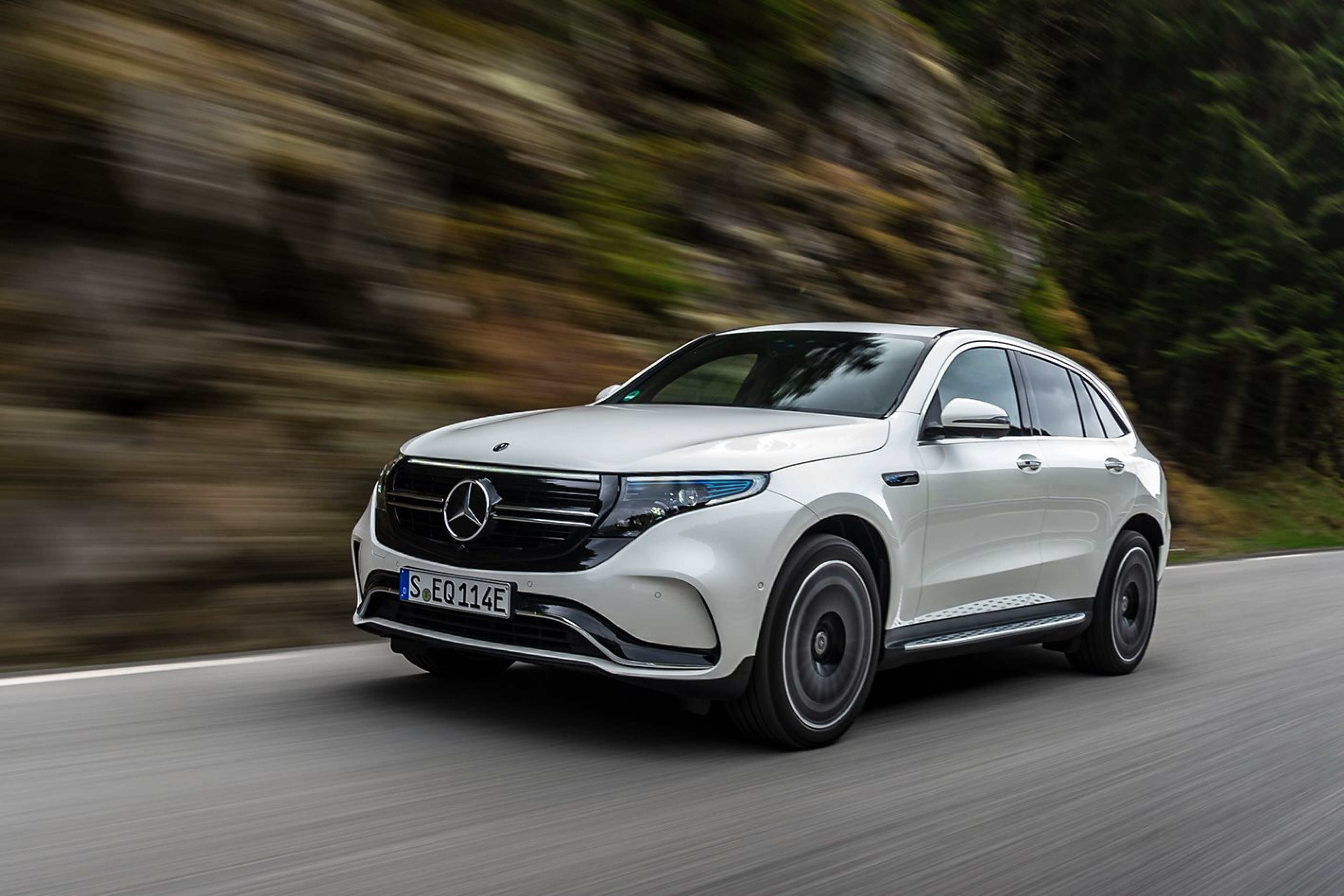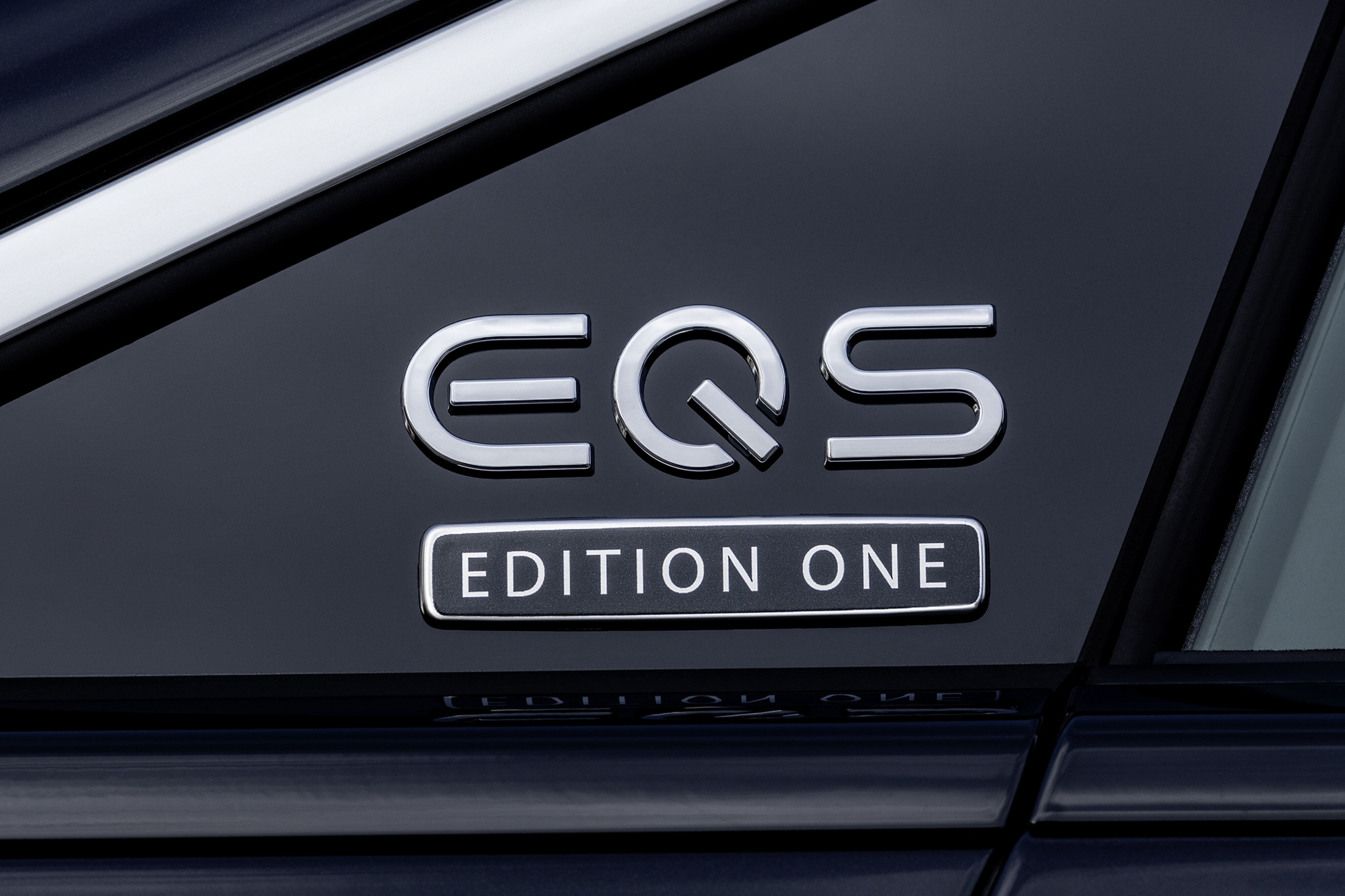
Mercedes-Benz CEO Ola Källenius has emphasised that battery-electric vehicles are superior to synthetic e-fuels running combustion engines.
Snapshot
- Mercedes commits to EVs over e-fuels
- CEO stresses electric is more efficient, will overtake engines
- Charging infrastructure, raw materials are key challenges
Speaking with German newspaper Frankfurter Allgemeine Zeitung [↗], the executive said the luxury carmaker has committed to “technically superior” electric drivetrains – despite the 2035 European ban exemption on the sale of new internal combustion-engined vehicles powered by carbon-neutral e-fuels.
“Of the electricity that you generate with a wind turbine [for charging an EV or producing e-fuels], for example, around 70 per cent of the energy arrives on the road as driving force in an electric car, while it is significantly less in the case of a combustion engine,” Källenius said.

“The efficiency is simply sensational. [...] The electric car is still a young technology… We still see great potential for progress: the electric drive will overtake the internal combustion engine in terms of performance before the end of this decade.”
While the German marque is working to comply with impending stricter Euro 7 emissions regulations, it will reduce its investment in traditional combustion engines by around 80 per cent by 2026.
How are e-fuels made?
Synthetic fuels are produced in an intensive process powered by renewable energy and carbon capture. While combustion engines running e-fuels still produce some local exhaust emissions, the holistic cycle is carbon-neutral.

Charging, battery material challenges
Källenius said charging and raw materials remains a key challenge, and labelled lithium as the “new petroleum”.
“The charging infrastructure must be expanded as quickly as possible, and we must do everything we can to promote the generation of green electricity," Källenius said.
“Building capacity in lithium mining and processing is a gigantic industrial undertaking.

“These raw materials will not all be mined in Europe. For that, we need trade agreements with Canada, South America and Australia. That is where government support is needed.”
The luxury car brand has already promised to only sell EVs by 2030 – but only where market conditions allow.
Mercedes currently sells one of the widest electric line-ups in Australia, ranging from the EQA small SUV to the EQS ultra-premium liftback, and eVito light commercial van.


COMMENTS